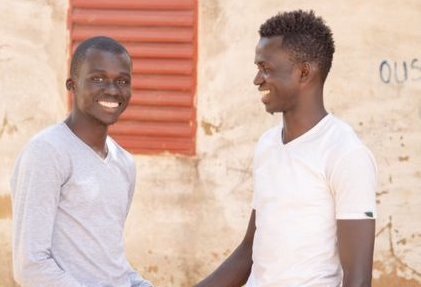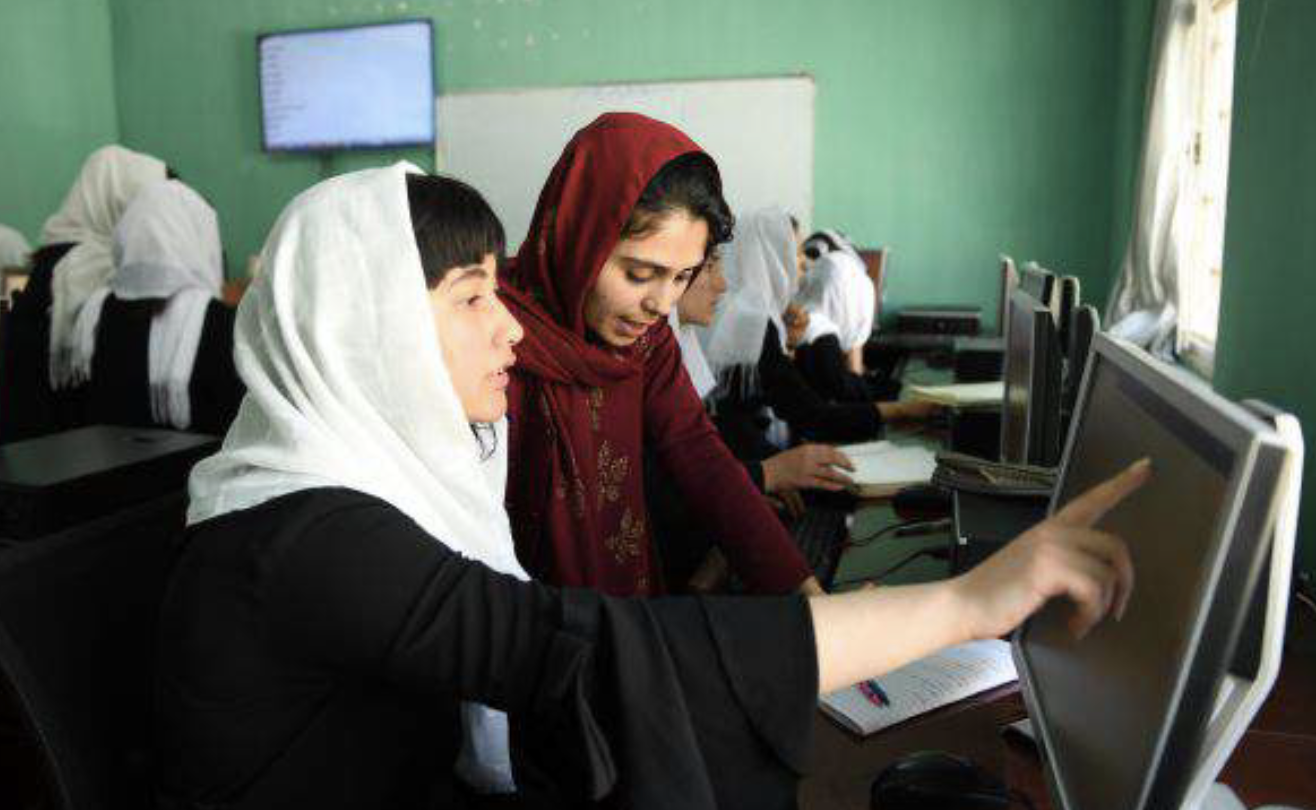December 2020
This report generates evidence regarding the effectiveness of AtDs, rehabilitation, and reintegration measures, intended for stakeholders currently in a position to implement AtDs, as well as the broader sector working with children and women in conflict with the law. The Children in Crisis (CiC) project titled Support to Afghan Women and Children in Conflict with the Law: Diversion, Rehabilitation and Reintegration is a series of programmatic interventions that began in December 2017 and will conclude in 2020. It seeks to address the major structural barriers to the implementation of the Alternatives to Detention (AtD) and Alternatives to Incarceration (AtI) measures added to the Afghan Penal Code, and the growing evidence base for positive outcomes in reintegration, rehabilitation and recidivism that are connected to successful implementation of such alternatives in other contexts, for children specifically and for adults more broadly. Specifically, the goal of the work is to enable vulnerable children and women in contact and conflict with the law to avoid detention, reduce reoffending through rehabilitation, and reintegrate into their families and communities. This research falls under and addresses the third objective of the project, "Objective 3: Developing an evidence base to influence and advocate for future justice sector reform for women and juveniles."
Read More

















